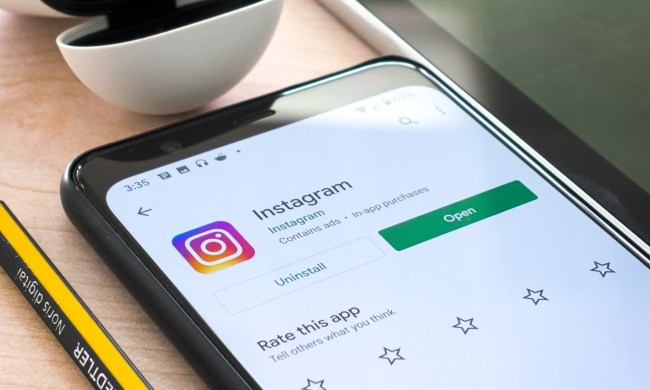McAfee researchers have discovered that hackers with links to the North Korean regime managed to make Google complicit in stealing information from defectors from the nation. As per a recently published blog post, the Google Play store has apparently been playing host to at least three apps designed to collect data from specific individuals. Two of these apps were posing as security apps, while the third claimed to provide food ingredient information. But what they really did was steal information from devices and receive certain code that allowed them to further access data like photos, contact lists, and even text messages.
In most instances, McAfee found the apps were generally sent to select users, generally by contacting them via Facebook. By the time McAfee privately notified Google as to the existence of these apps, 100 folks had already downloaded them, and the apps had been live in the Google Play store for three months — from January to March. Alas, this highlights the shortcomings of Google’s filters that are intended to keep out malware.
The alleged actor behind these apps doesn’t appear to be a new player in the hacking scene. Back in January, McAfee noted that it had found malicious apps intended to infect North Korean journalists and defectors’ devices. The group behind these apps was subsequently named Sun Team, and is apparently the same group behind these latest apps.
At the very least, the apps were all linked to the same developer email address. Moreover, McAfee found that the words used in the control servers were common in North Korea, but not South Korea. There was also a North Korean IP address discovered in a test log file of some Android devices connected to account used to send out the malware. This has led researchers to believe that the attacks are based in the isolated nation.
“These features are strong evidence that the actors behind these campaigns are not native South Koreans but are familiar with the culture and language,” McAfee researchers wrote. “These elements are suggestive, though not a confirmation, of the nationality of the actors behind these malware campaigns.”

